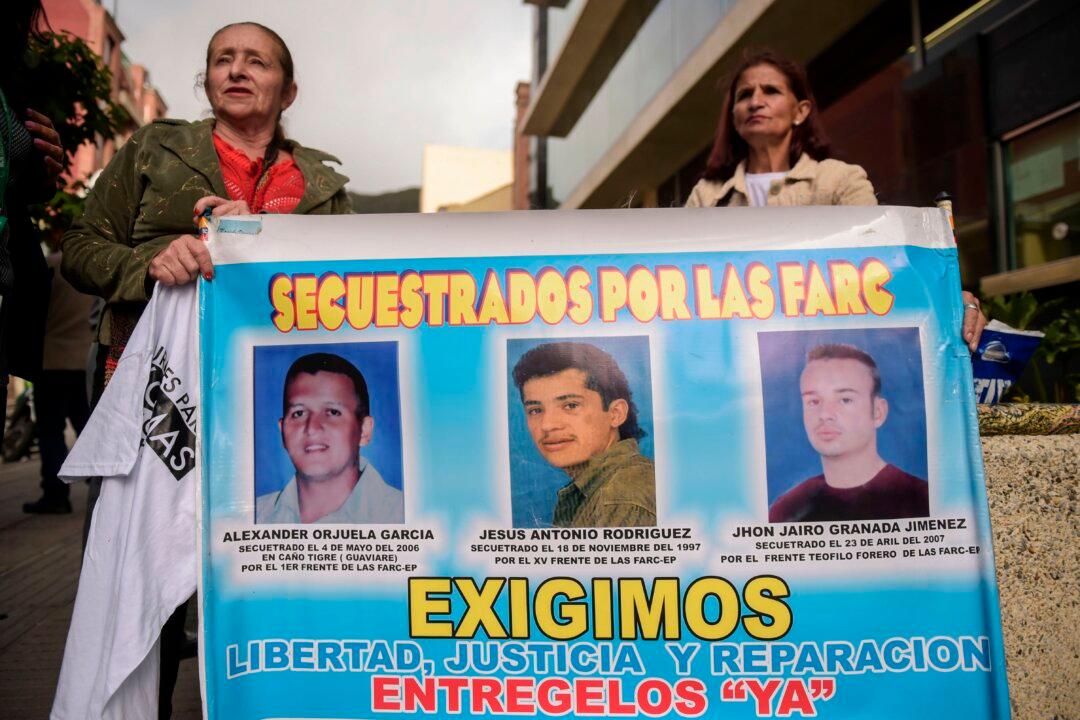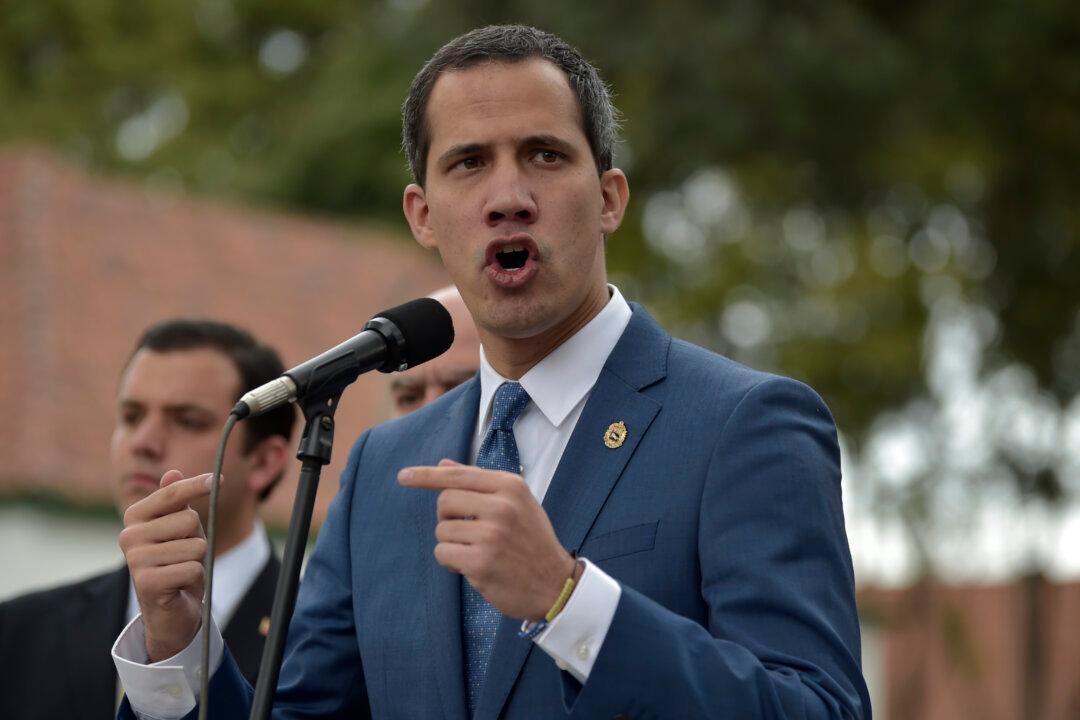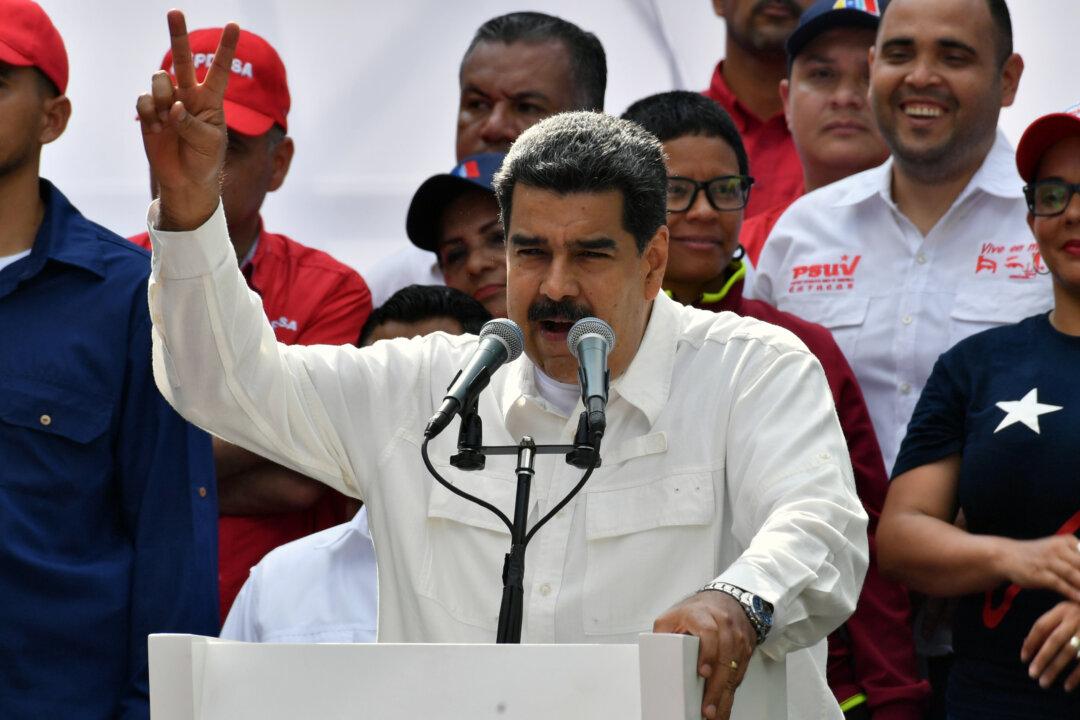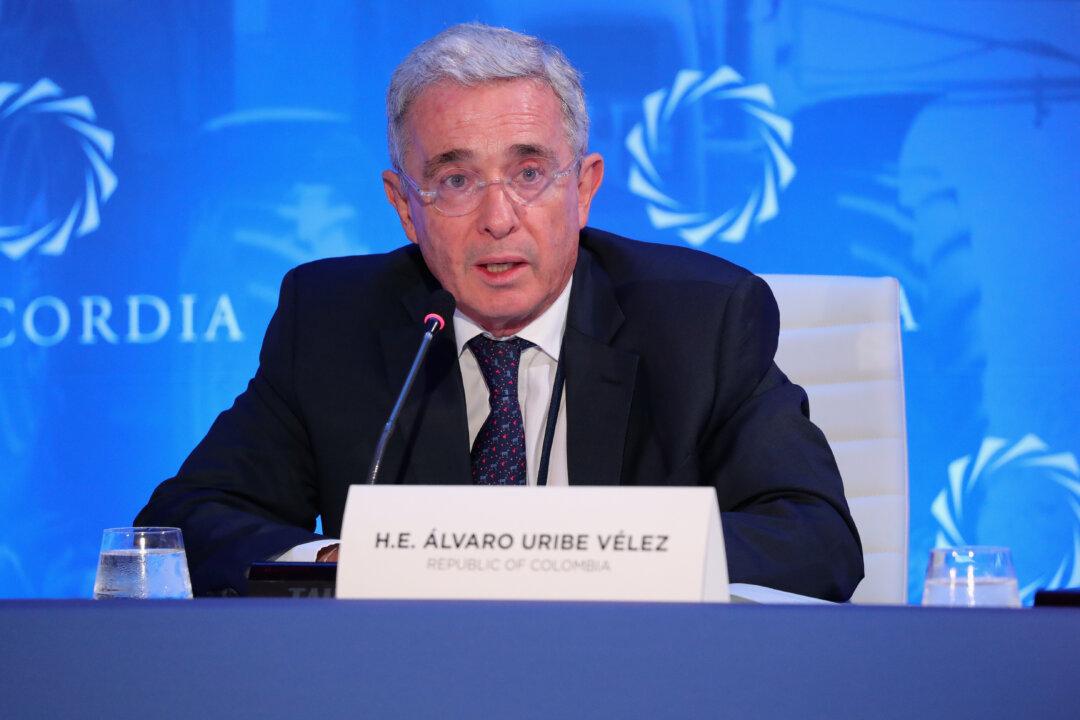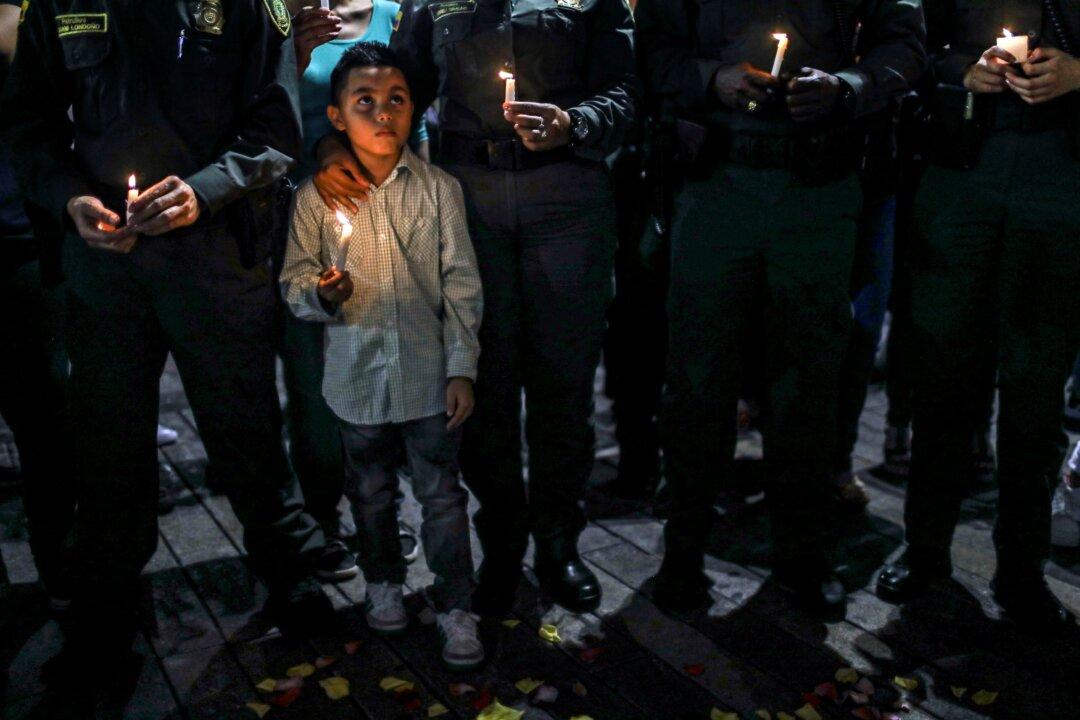BOGOTA, Colombia—Victims kidnapped by Colombia’s now-demobilized guerrilla group, the Revolutionary Armed Forces of Colombia (FARC), have started to formally present their testimonies to the extrajudicial court system set up to look into the atrocities perpetrated during the half-a-century long Colombian conflict.
The 38 dedicated judges who make up the Special Jurisdiction for Peace (JEP), which was founded out of the peace agreement to offer restorative justice for victims, must attempt to establish the truth surrounding the war crimes committed and hold those responsible to account.
